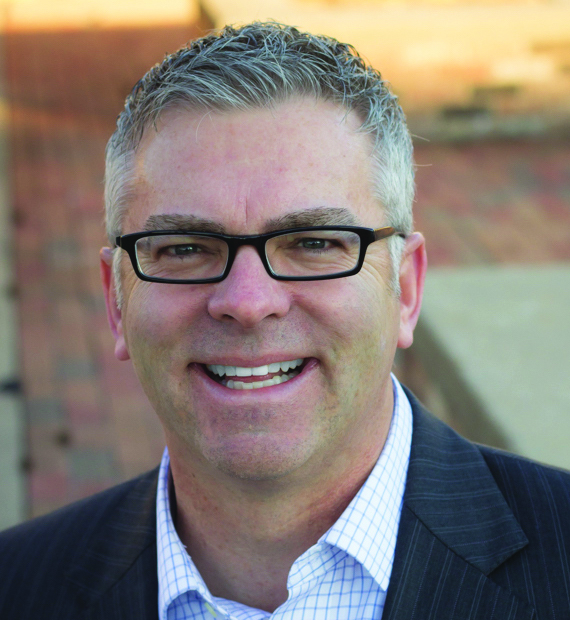
The Blessedness of Self-Forgetfulness
by Eugene Wilson
A few years after I resigned the pastorate of a small church, God confronted me one Sunday with my need for healing. Specifically, He used someone to say to me, “God wants to heal you.” I was unsure of from what, but only for a moment. Then it dawned on me. God wanted to heal me from feeling like a failure. I had never acknowledged it until that moment, but in my heart that was exactly what I felt. I felt like a failure. I had failed to achieve greatness. The congregation was not large. In fact, it was almost nonexistent. Others did not acknowledge us as having done a great work. Very few said anything.
Exactly one week later, I found myself in an impromptu meeting after a Sunday evening service. It took place in the senior pastor’s office along with several other ministers and wives. A guest minister, who had just finished speaking in the church service, said, “I feel this church is at a pivotal moment in time.
God wants to bring healing to this church and propel you into a place you have never been before. But it starts with you.
In this room there are people who need God to heal them, but for that to happen you must be vulnerable. You have to be willing to stretch forth the hand that needs a touch from God.” Then he asked, “Who is willing?” I was somewhat in a state of shock. Not only had someone just the week before said to me, “God wants to heal you,” now this person had told me he felt God had brought the church to a pivotal moment in which He wanted to administer healing. Within seven days, two ministers had unknowingly stated the same thing.
Yet despite this knowledge, I did not go first. My wife did. She raised her hand and said, “I need healing.” God was doing an incredible work in her life, and that moment proved to be another stepping stone. The guest minister was used of the Lord to minister to her. He then said, “Who is next? Who is willing to allow God to bring healing to you?” Knowing the events of the previous week, along with seeing my wife’s boldness, I raised my hand. I said, “I feel like I failed at pastoring a small home missions church.” Now, not only had I acknowledged it to myself, my peers also knew how I felt. What transpired next shocked me. Instead of the guest minister telling me that I was not a failure, instead of reassuring me that I had done a good job, instead of trying to build up my ego, he looked at me and said, “That is pride, and if you do not get it out of your heart it will send you to Hell!”
Although I did not want to admit it, he was right. Pride caused me to feel like I was a failure. Pride was why I wished the church had grown. Yes, there were other reasons as well: I didn’t want to see people lost, I wanted to accomplish something great for God, and so on. But ego also had something to do with it. I wanted to do well. I wanted to achieve success. I wanted others to think well of me. He was right. It was pride. Tim Keller, in his book The Freedom of Self-Forgetfulness, (I highly recommend every leader read this book) states, The ego often hurts. That is because it has something incredibly wrong with it. Something unbelievably wrong with it. It is always drawing attention to itself-it does so every single day. It is always making us think about how we look and how we are treated. People sometimes say their feelings are hurt. But our feelings can’t be hurt!
It is the ego that hurts-my sense of self, my identity. Our feelings are fine! It is my ego that hurts. Keller continues, “The normal human ego tries to fill its emptiness and deal with its discomfort by comparing
itself to other people. All the time.” This is the way our culture functions. Our culture tells us to build up our egos. Scripture teaches otherwise. (See I Corinthians 3:21-4:7.) Our culture determines success by comparing ourselves with others. Again, Scripture teaches otherwise. We are not to compare ourselves with others, and doing so is not wise. (See II Corinthians 10:12.) We need to align with Scripture, not culture. We need to reach the place where we are no longer caught up with ourselves, where we no longer compare ourselves with each other, where we for- get about ourselves. And to do so is a blessed thing.

